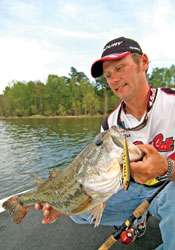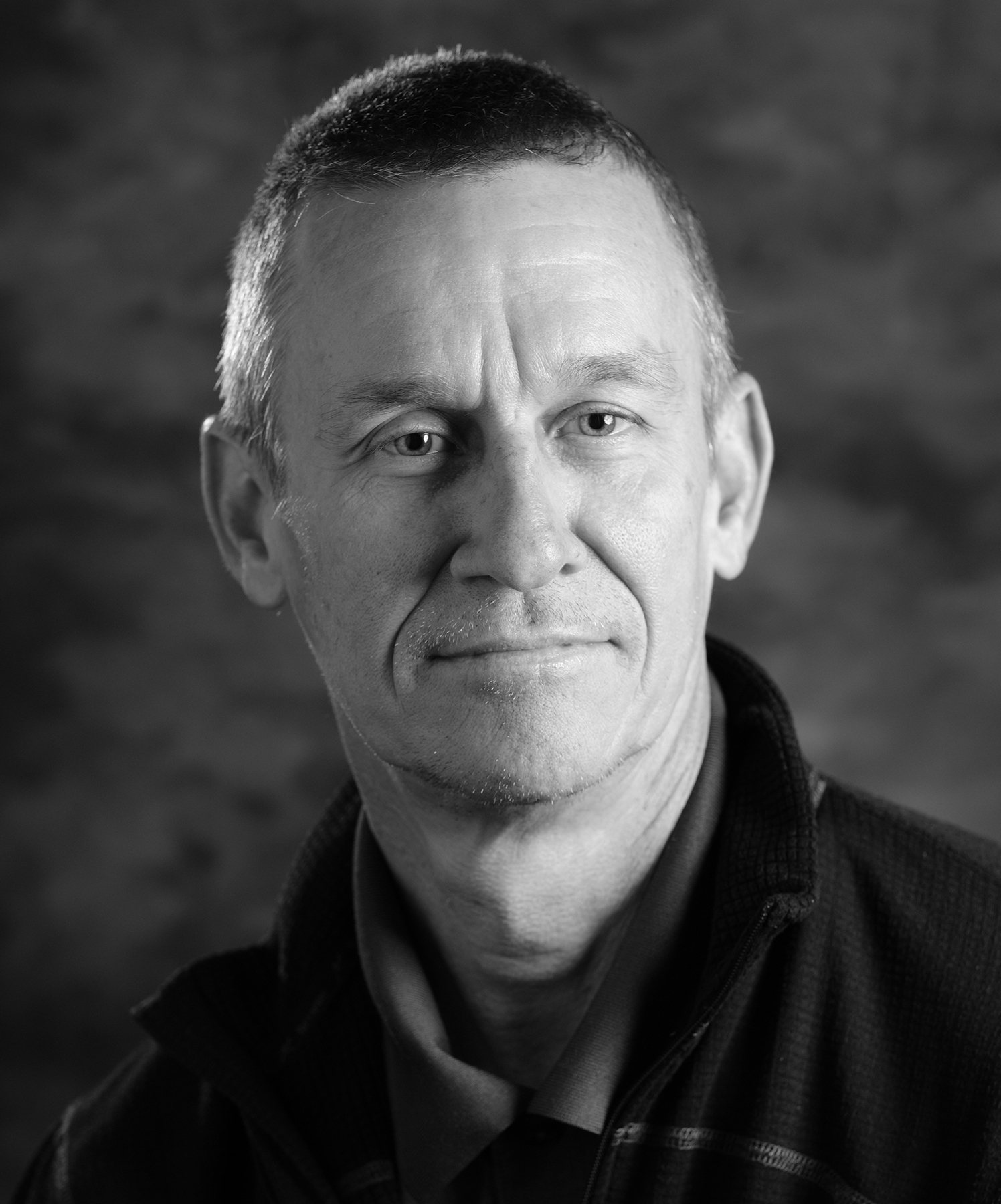
Missouri's Sammy Burks shares the dream of many tournament fishermen: Qualify for the Bassmaster Elite Series and compete against the world's best sticks. That goal involves spending time on the Bassmaster Open circuit, which many now view as the perfect training ground.
"You can't get the experience you need anywhere else," Burks told BASS Times. "The difference between what I know now and what I thought I knew going into the Opens is amazing. The knowledge [and confidence] I've gained going to multiple waterways is critical."
To make the most of his preparatory time on the Open circuit, Burks outlined a checklist of what he believes it takes to make the leap to the Elite Series level.
PRACTICE
Many anglers spend at least a week practicing for an Open event. Burks said that's a mistake.
"I think the more time I'm on the water, the more things change. If I show up for a tournament and practice only a few days, I get in touch with what's going on right then."
Thus, Burks limits his practice time to no more than the three days immediately preceding each event. Additional practice days are a self-defeating proposition, he said.
"I'm not going for multiple-day practices. I have certain strategies I apply that allow me to cover a lot of water in the three days leading up to the tournament."
This will become important when he qualifies for the Elite Series, he said, because Elite pros are allowed only three days of practice before any event.
FISH THE FISH
One of the biggest "mental obstacles" facing a rookie on the Elite Series is first competing against big-name pros. The Opens provide a great opportunity to get accustomed to it.
Burks wasn't immune to the intimidation factor himself when he showed up and saw a roster that included names like Rick Clunn and Greg Hackney. But Burks said he's learned that competition isn't really about fishing against other anglers — it's about catching fish.
"When I first started fishing the Opens, yes, I looked at the people I fished against. Now I don't. It's taught me to compete against the fish."
KNOW YOUR STRENGTHS
Every angler excels at certain techniques but struggles with others. Burks keeps them in mind when fishing a tournament.
"I focus on my strengths," he said.
Burks sometimes works on his weaknesses during practice, but he tries to spend time on his local lakes honing new or unfamiliar techniques so he doesn't waste valuable competition time.
"The weaknesses are things you need to work on, but not necessarily during a tournament."
PLAN
Most anglers own more tackle than they can ever use in a lifetime. But there's no reason to take it all to an event.
Burks said he carefully plans out his tackle needs, packing only those lures he thinks he'll need, leaving the rest at home.
"I look at three things before I leave home: water temperature, water clarity and water levels. I already know what season it is, so I can then make [lure] decisions based on those factors."
LEARN
Burks thought he was accomplished in handling his boat when he began fishing the Opens. But watching four-time Bassmaster Classic winner Rick Clunn during this year's first Central Open opened his eyes.
"We were sharing water, and — Rick Clunn being Rick Clunn — I paid attention. I saw him coming to this point of trees, and he stopped, used his trolling motor to reposition his boat to make a cast into an area he had missed, and caught a bass.
"It was the first day of the tournament and I had been flipping and covering water. If I missed something, I just kept going."
Watching Clunn at work changed Burks' approach. "I didn't miss a spot for the next two days," he said.
INCREASE ENDURANCE
Some outside the fishing world refuse to acknowledge the physical and mental stresses of tournament fishing.
"It's unbelievable," Burks said. "It's got to be the most physically and mentally challenging sport there is. In football, you have to stay focused for a few hours. A baseball game lasts four hours. Fishing is actual mental engagement for eight hours for the four days of the tournament plus practice."
Burks said he now works to stay in top physical condition. "The better shape you're in and the better mental condition you're in, the better you'll do."
| For more great stories and the latest bass fishing news, subscribe to BASS Times. Call 877-BASS-USA to order today. |





